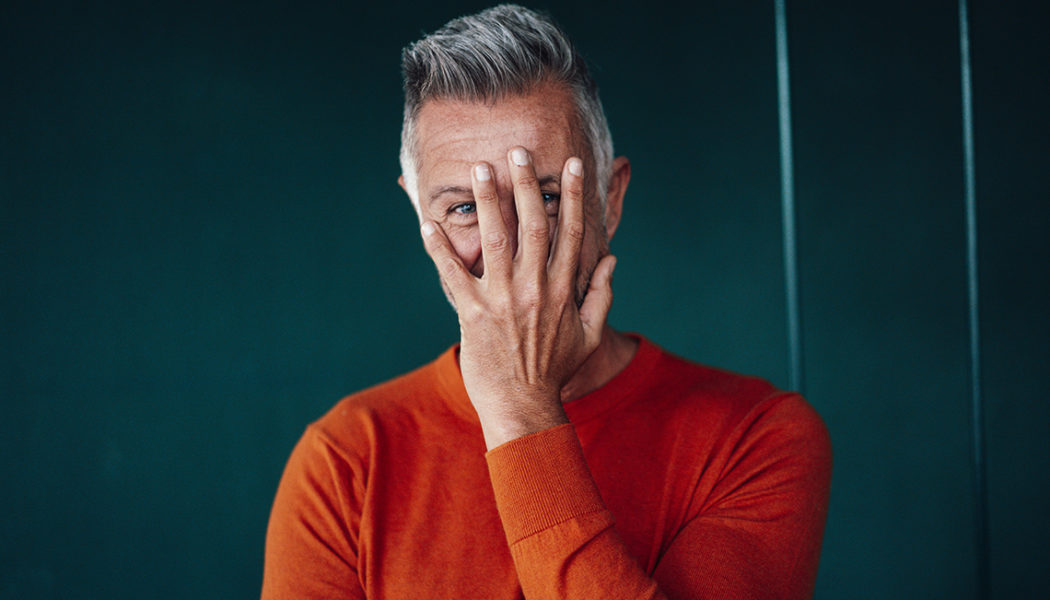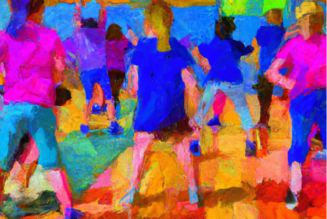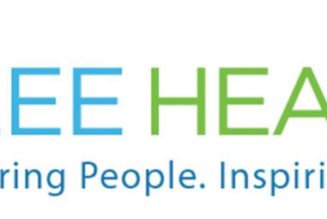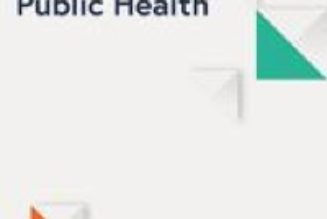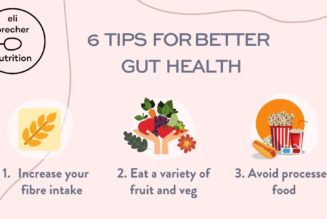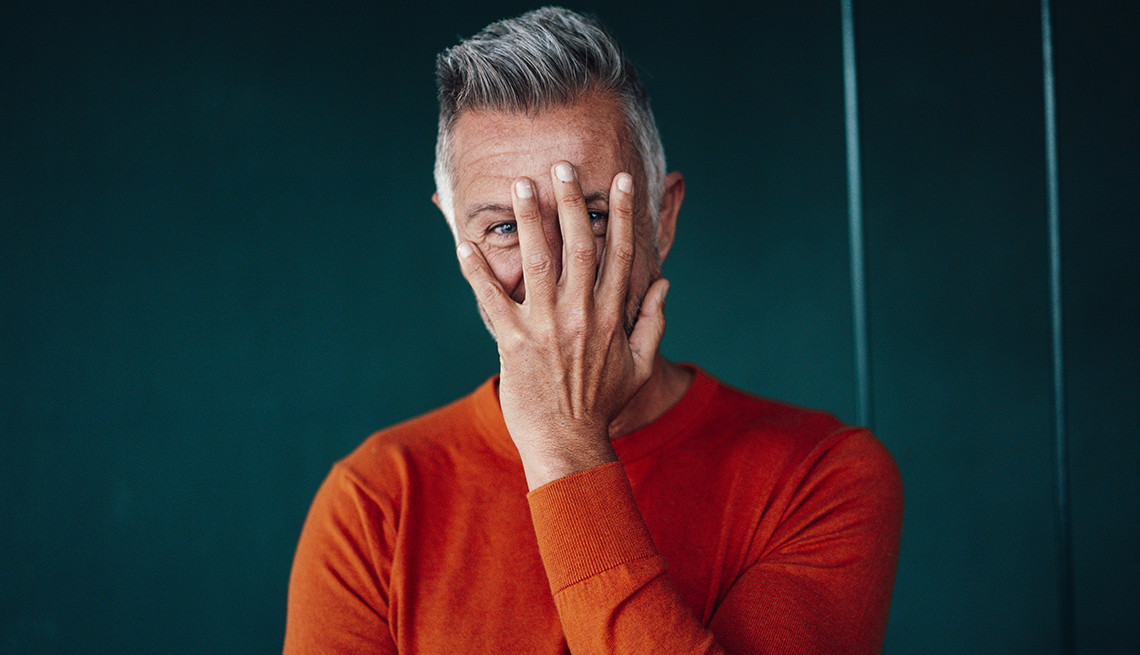
If you just turned 50, it might be hard to believe that you’ve got a half-century under your belt.
You’re older — but you’re also wiser. If you have kids, they’re probably already in their teens or out of the house, giving you some extra time to focus on your well-being. And that’s exactly what you should be doing, because your 50s are also the time when aging starts to make its presence known, experts say.
Turning 50 should be “a wake-up call to men to say, ‘Hey, am I doing all the right things?’” says Kenneth Koncilja, M.D., a geriatric medicine physician at Cleveland Clinic. “Now that you’re in your 50s, you have to focus on prevention and a healthy lifestyle more aggressively than ever before.”
Many physical changes that come with age you already know — the graying hair and receding hairline, the wrinkles around your eyes, and a greater chance of developing high blood pressure, heart disease and other chronic conditions. But there are other changes that you might not expect.
Understanding those bodily changes — and how to address them — can help you make sure your body stays strong well into your 60s, 70s and 80s. Here, Koncilja and other experts share a few less-well-known things that may happen in your 50s:
1. Your muscles start to shrink
Men (and women) on average lose about 1 to 2 percent of their muscle mass every year after they turn 50, studies show.
You can blame the loss on declines in growth hormone and cellular changes that happen in your muscle fibers, says Cathleen Colón-Emeric, M.D., chief of the division of geriatrics at the Duke University School of Medicine. Some research has also linked low testosterone to reduced muscle mass.
“Your muscle cells start getting infiltrated by fat and not functioning as well,” she says. “But I think in men it’s a little harder in some respects because they’re not expecting it.”
It’s not just a vanity issue. As you get older, the cumulative loss of muscle can make it more difficult to do daily tasks and eventually lead to a loss of independence.
The fix: Fortunately, studies show you can limit muscle loss and even reverse it through regular physical activity. The key is to make sure you include weight-bearing activities as well as strength or resistance training a few times a week. “It doesn’t mean you can’t build new muscle or be toned,” Koncilja says. “It just means it takes more effort. It really needs to be intentional.”
Including plenty of protein in your diet is also important, and studies indicate most older adults don’t get enough. Aim for 20 to 30 grams of protein with every meal. To find out how much protein you need and how to get it, read “Should You Get More Protein?”
